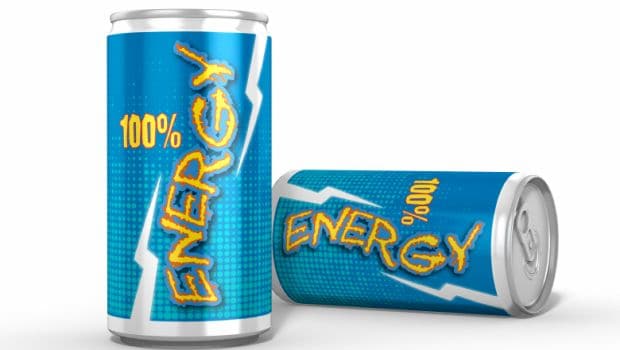Energy drinks have been controversial since the start. Health experts have warned against drinking these caffeinated packaged beverages that may have harmful impacts on our health in the long term. Consumption of energy drinks has been linked with higher risks of a number of lifestyle diseases including Type-2 diabetes, obesity, high blood pressure or hypertension as well as poor dental health etc. A new study has now said that consuming energy drinks may increase risk of heart function abnormalities and changes in blood pressure. The study said that drinking 32 ounces (approx. 946 milliliters) and more of energy drinks in a very short span of time may increase BP and the risks of electrical disturbance in the heart.
The study further said that this might increase the chances of irregular heart rhythms. The study titled, "Impact of High Volume Energy Drink Consumption on Electrocardiographic and Blood Pressure Parameters: A Randomized Trial" was published in the Journal of American Heart Association. The study looked at data from 34 adults between the ages of 18 and 40 and these participants were asked to consume 32 ounces of either one of two popularly available energy drinks or a placebo drink on three separate days. The amount was consumed within a period of 60 minutes or an hour, with 16 ounces each every half hour. Researchers also measured the heart rates of the participants using an electrocardiogram.
They also measured the participants' blood pressure, and these measurements were taken every 30 minutes for four hours after consumption of the drinks. A caffeine dosage of under 400 mg is not expected to result in any electrocardiographic changes. However, both the energy drinks, despite having 302 and 320 mg of caffeine, resulted in changes in QT intervals or rate of heart beats in participants. The study report said, "Energy drinks have been linked to an increase in emergency room visits and deaths. We aim to determine the impact of energy drinks on electrocardiographic and hemodynamic parameters in young healthy volunteers."
It concluded by saying, "Caffeinated energy drinks significantly prolong the QTc interval and raise brachial and central blood pressure post-acute exposure. Further investigation is warranted on whether an individual ingredient or a unique combination leads to the observed electrophysiological and hemodynamic changes. The impact of long-term energy drinks consumption remains unknown."
There are a number of drinks and beverages that are much healthier than energy drinks, for times when you need a boost of energy. Here are some of them:
1. Black Coffee: A few cups of black coffee may be consumed in place of energy drinks to prevent BP and heart troubles.
2. Green Tea: This healthy antioxidant-rich tea also contains good amounts of caffeine.
3. Black Tea: For tea lovers, a bit of black tea, with or without milk, can be a good idea.
4. Coconut Water: Fortified with a number of minerals and hydrating electrolytes, coconut water can also make you feel energised.
5. Fruit Juices: Fruits contain natural sugars that can make you feel energised without giving you an energy crash later, unlike most energy drinks.
You may even opt for a bowl of seeds and nuts, as well as some good quality chocolate to supply your body with good amounts of energy.
(This content including advice provides generic information only. It is in no way a substitute for qualified medical opinion. Always consult a specialist or your own doctor for more information. NDTV does not claim responsibility for this information.)










